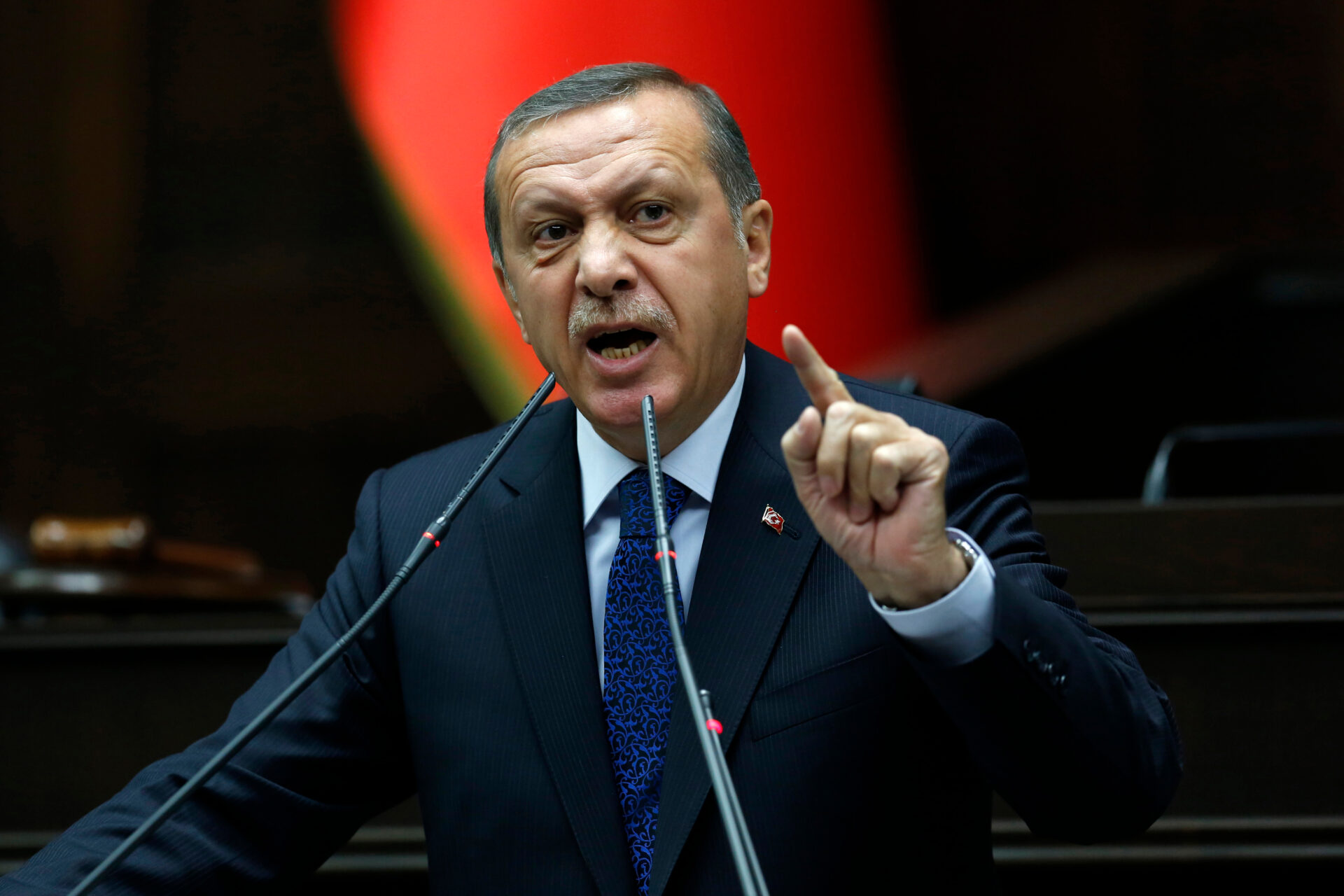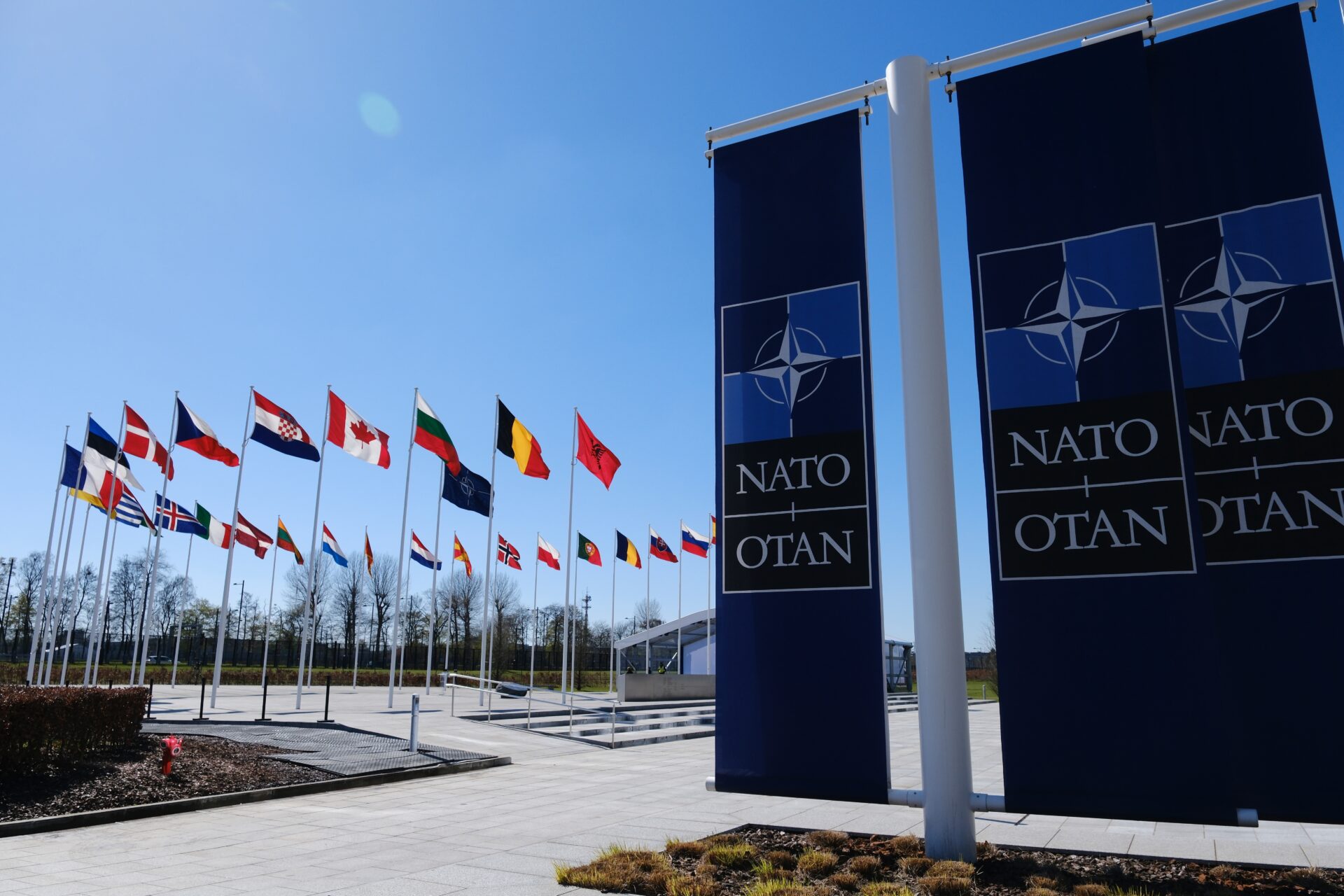
Turkey WARNS Israel After Qatar Strike!
Erdogan’s government is voicing deep concern that Israel’s airstrike in Qatar marks a dangerous precedent that could pave the way for attacks on Turkey and destabilize the wider region.
At a Glance
- Turkey condemned an Israeli strike in Qatar targeting a meeting of Hamas officials, warning it could signal “reckless attacks” to come.
- Turkish Defense Ministry said Israel might drag the entire region, “including its own country [Turkey], into disaster.”
- Israel and Turkey, once stronger partners, are in a period of especially frayed relations since the October 2023 Hamas offensive and the ensuing war in Gaza.
- Analysts say Turkey is particularly worried about Israel’s use of strikes in sovereign countries, airspace norms, and what it perceives as a strategy to carve a ring of weak or neutral buffer states around Israel.
Strained Relations And The Qatar Strike
In the latest escalation, Israeli forces carried out an airstrike in Qatar targeting Hamas officials. Ankara responded sharply: Turkish Defense Ministry spokesman Rear Adm. Zeki Akturk warned that Israel’s actions push beyond previous norms and could “further expand its reckless attacks … and drag the entire region, including its own country, into disaster.”
Turkey has long supported the Palestinian cause and has afforded Hamas officials some level of safe haven and political space. This political alignment and Turkey’s vocal criticism of Israel, especially over Gaza, have strained their bilateral trust.
Watch now: Turkey’s Strong Reaction to Israel’s Attack on Qatar | Headlines 9PM | 92 News HD
Military, Strategic And Regional Implications
The strike in Qatar has spurred Turkish concern around several connected issues:
- Sovereignty and airspace: Turkey fears Israel’s demonstrated ability to attack targets in other states without significant impediment may eventually erode norms of sovereignty, potentially threatening Turkish territory or interests.
- Buffer zone fears: Analysts assert that Turkey perceives Israel may be aiming to establish a “buffer zone” of weaker or neutral states around its borders—a strategy that could isolate or encircle it.
- Military posture: With one of NATO’s larger militaries, Turkey has both capacity and political scale that could complicate Israel’s calculus if Ankara perceives a direct threat.
What’s Next
As Turkey heads to an Arab-Muslim leaders’ summit in Qatar, President Recep Tayyip Erdoğan is expected to continue his criticism of Israel’s tactics. The broader diplomatic fallout is likely to include:
- Pressures on U.S. and regional actors to intervene or rebalance relationships.
- Reassessment of regional security norms: What constitutes allowable cross-border operations, especially when states are seen as neutral mediators (like Qatar).
- Turkey might enhance its air defense readiness or revise military planning to prepare for possible spillover or direct threats.
For its part, Israel may argue such strikes are necessary for targeting Hamas leadership wherever they are, and stress its right to take action against threats—even in countries whose ties with the U.S. or other powerful states are strong.
Sources
Associated Press
TRT World
Al Jazeera


